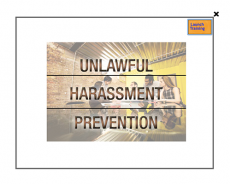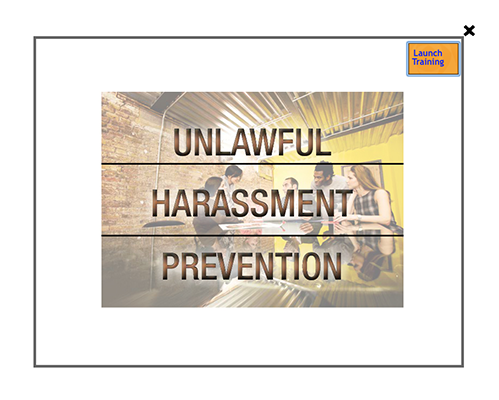By Audrey Werth/tr news editor
TCC now offers Title IX training for students to inform them of their rights and steps they can take in situations of sexual harassment and violence.
Changes in legislation called the SaVE Act made it a requirement under Title IX that colleges and universities offer this education to students.
Schools have chosen to meet these educational requirements differently. Training programs can be offered in person or online.
This spring, TCC chose to require one program for faculty and offer another optional online module to students.
TR student support services coordinator Kateeka Harris and SE coordinator Sonya Splane both said they have received emails from students who misunderstood the purpose of the training.
“I’m still getting emails from students who were just offended by the content [saying], ‘Why did I have to take this?’ and ‘I didn’t do anything,’ ‘I don’t bother anybody,’” Harris said.

Splane and Harris said, despite this, other students have had a positive reaction to the training.
“I know at our campus,” Splane said, “students have talked to me in the hallway, or when I’ve given presentations, about how it was beneficial to them and they were glad that TCC offered it.”
The Title IX law has been around since 1972. Over time, changes have been made to make the law more comprehensive.
“Most people know Title IX because of athletics and gender inequalities within athletics,” Harris said. “But, it is a law that is in place also to limit sexual harassment and discriminatory harassment in public spaces, colleges and universities being one.”
Nineteen-year-old college student Jeanne Clery was raped and murdered in her dorm room at Lehigh University in 1986. Her death prompted her parents to lobby for legislation, now called the Clery Act under Title IX.
The Clery Act requires schools to report their crime statistics. When the SaVE Act went into place in 2013, it was enforced by Clery.
“When VAWA (Violence Against Women Act) and the SaVE Act were reintroduced, there were several requirements for colleges and universities. Education was one,” Harris said. “We’re required to educate all first-time-in-college students and returning students. We’re also required to have ongoing intervention programs that address not just sexual misconduct violation but also bystander awareness programs.”
The training module offered by TCC informs students of their rights. It teaches them about not only sexual assault but also discrimination, drug use and dating violence among other issues.
“We’re not a residential campus, so we don’t have the volume of those issues that you see at a four-year institution,” she said. “But the reality is, our students leave here and go to four-year institutions. So, I would rather them have the information before they get there because a lot of the sexual misconduct that happens often happens that first week of classes.”
One in four women will be the victim of sexual assault during their time in college. For men, the statistic is one in eight, and those are just the reported cases.
Harris said this is why it is so important that students understand what their rights are, how an investigation would proceed and what resources are available to help them.
When a Title IX case is brought to campus coordinators, they will promptly investigate the situation and then pass it to another Title IX investigator to hear the case to ensure that no bias is involved, Harris said.
Investigations conducted by campus coordinators are separate from criminal proceedings.
NE management associate professor Mary Alice Smith, who offered extra credit to her students for completing the module, said she thought it was beneficial for them to know their rights.
“I had one student say he spent extra time on it because he felt he was learning valuable things,” she said.
Students are not required under the law to complete the Title IX education offered to them, but some schools have made it mandatory as part of the registration process, Harris said.
“I would imagine that if things don’t change,” Harris said, “that’s going to be the next thing that comes from the legislation is that it’s going to be required.”

